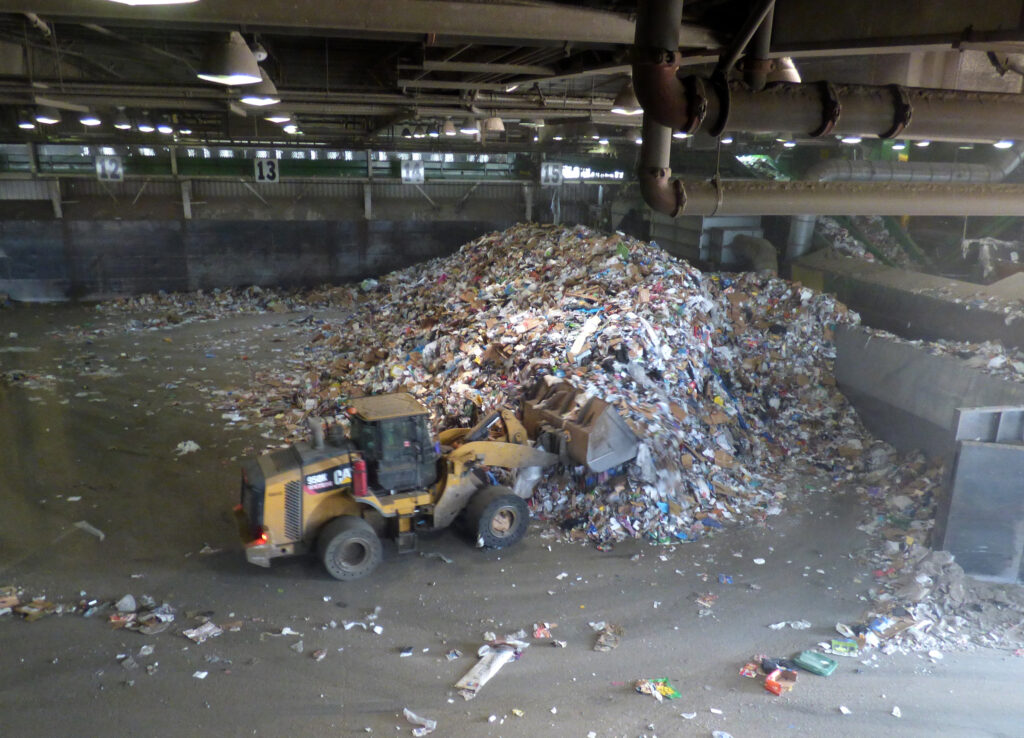
It’s almost impossible to live waste-free, but there are resources to recycle or safely dispose of many materials. Alas, it just isn’t as easy as putting it in a bin.
Recycling is promoted as the key to saving the planet from a rising tide of plastic, but in reality, there isn’t the necessary investment in infrastructure to make recycling efficient. That is complicated by the unpleasant reality that the plastics industry has no interest in cleaning up its act.
The recent documentary Plastic Wars, an investigative expose from FRONTLINE and NPR , revealed that the petroleum and plastics manufacturing industry use recycling to sell more plastic.
The Frontline reporting team uncovered internal documents that warn that there is “serious doubt” plastic recycling “can ever be made viable on an economic basis.”
Making new plastic out of oil remains cheaper and easier than recycling existing plastic waste. It is estimated that just 10 percent of potentially reusable plastic material is ever recycled. Much of the material well meaning residents place in their recycling bins each week will ultimately end up in the landfill.
Right now, the only items that will be recycled with any certainty are glass; aluminum and tin cans (which are mostly made of steel); and cardboard and paper that isn’t contaminated with food or other organic waste.
There is also a limited market for plastics classed as 1-7, with a higher demand for heavy plastics, like detergent bottles, and almost no market for plastic film and other thinner materials.
It’s important to clean cans or bottles before recycling them. Material with food residue can’t be recycled, or non-recyclable waste like diapers or dog waste can cause an entire load of recycling to end up in the landfill.
The best way to reduce plastic waste is to find plastic free alternatives. Look for products in glass or metal cans—material with a 99-percent reclamation rate. Reuse containers around the house whenever possible, and opt for solid cleaning products like bar soaps and bar shampoo, or consider purchasing liquid household cleaners from refill outlets, where you can bring your own reusable containers, like Topanga’s The Well.
Recycling has become even more complicated during the coronavirus crisis, with many resources unavailable for the duration, but there are recycling options for a variety of materials:
Plastic Bags and Film Plastic film can be recycled, but not by Waste Management, the company that collects Topanga’s trash. Some local stores—including Vons, Target, Lowes and Gelsons, will accept a limited amount of clean plastic bags and food wrappings. It’s a good idea to check first. Visit www.plasticfilmrecycling.org to learn more.
Small Plastic Items Small items like bottle caps, toothbrushes and prescription bottles often slip through the cracks at recycling centers because they are too small. They can be recycled by mail: https://www.preserve.eco
Cloth and Clothing Textiles and clothes, in any condition, can be recycled at Goodwill, or at participating H&M clothing stores. Items that are not reusable will be recycled for their fiber content. USAgain boxes also offer acceptance of reusable clothing and cloth items. Locally, there is
a box on the grounds of the Topanga Community Center although it won’t be available to the public until the end of October.
Scrap Metal Pots, plans, automotive parts, old bicycle frames, aluminum siding, and non-iron scrap metal of all kinds can be recycled through a scrap metal dealer. Check out Scrap Stop at 20749 Prairie St, Chatsworth, CA 91311, (323) 657-5984.
Bulky Items and “White Goods” Waste Management offers an annual free bulky item removal for large appliances and furniture, including mattresses, with the assurance that anything that can be recycled will be reused, and the rest will be safely disposed of. Call Waste Management at 855-864-1221 to arrange for pickup. For more mattress recycling options check out https://byebyemattress.com
Batteries Before COVID-19, household batteries could be brought to the local library. That service will return eventually. In the meantime, try https://www.calrecycle.ca.gov/ReduceWaste/Batteries/
Christmas Tree Lights It’s a lot easier to buy festive holiday lights than it is to recycle them when they no longer work. It’s worth the effort to try fixing that stand by trying to find and replace faulty bulbs. When that doesn’t work, mail-in programs may be the most practical solution. Lights can be boxed and mailed to Christmas Light Source Recycling Program, 4313 Elmwood Drive, Benbrook, TX 76116, a lighting company that recycles and uses the proceeds to buy Toys for Tots. Learn more at https://www.christmas-light-source.com. Another option is https://greencitizen.com/mail-in-recycling, which also accepts other recyclables by mail.
Small Appliances Goodwill and Best Buy stores will take small appliances, working or not. Try the Best Buy in Canoga Park, 21601 Victory Blvd, Canoga Park, CA 91303, (818) 713-1007, or the Goodwill Donation Center on Mulholland: 23335 Mulholland Dr., #C, Woodland Hills, CA 91364. Many, but not all, small appliances can be dropped off at e-waste collection events.
Hazardous Household Waste and E-Waste Many things can’t be recycled and are two dangerous to bury in a landfill. The County’s household hazardous waste and e-waste collection events were on hold for a time during the COVID-19 crisis. They are now back on the calendar. Check https://pw.lacounty.gov/epd/cleanla/ for upcoming dates and locations, or call (800) 238-0173 or (888) CLEANLA. Calabasas and Woodland Hills offer two central electronic waste round-ups each month, open to residents and businesses of any city: first Saturday of the month, Albertsons, 26521 Agoura Rd., Calabasas, 91302, 10 a.m. – 3 p.m. Third Saturday of the month, El Camino Shopping Center 23381, Mulholland Dr., Woodland Hills, 91364 (this location also accepts light bulbs, cables and wires.), 10 a.m. – 3 p.m. For a helpful guide to what, exactly, qualifies as electronic waste, visit https://www.lacitysan.org
Sometimes waiting until the hazardous waste event rolls around is not ideal. For immediate hazardous household waste disposal for anything from that sketchy bottle of ancient pesticide found on the top shelf of the garage cabinet, to old prescription medicines, motor oil, antifreeze, latex paint, and solvents, try one of L.A.’s permanent “S.A.F.E.” collection sites: https://www.lacitysan.org. The closest is in Northridge: Nicole Bernson S.A.F.E. Center, 10241 N. Balboa Blvd., Northridge, CA 91325. Open weekends, 9 a.m.-3 p.m.
Green Waste For many of us, the coronavirus crisis has been an opportunity to spend more time in the garden. Backyard composting bins are one of the products that experienced a surprising increase in popularity over the last six months. For residents who don’t have time, energy or room for a compost project, the “Topanga Gold” Community Compost Hub at the Topanga Community Center is expected to be back up and running before the end of the year. In the meantime, fruit and vegetable peels, coffee grounds and tea leaves can all be added to green waste bins, or collected in a bag in the freezer and donated to a friend or neighbor’s compost pile, instead of ending up in the landfill.
Personal Protective Equipment & Masks Now that masks and gloves are a near permanent part of business and healthcare life what do we do with them once used? Enter Conscious Cleanup, an eco-motivated waste diversion company aiming to find recycling sources for all sorts of “intangibles” in the waste stream, CDs to light bulbs. While they are currently re-evaluating their
Cleanout Box program (on hold because of excessive contamination of the contents due to “wish-cycling” where if you don’t know what to do with it here’s to hoping that someone does) their PPE recycling program remains in place.
That Thing That Isn’t on This List Try the recycling search engine at https://search.earth911.com for more recycling and disposal leads, and don’t forget to ask around. Sometimes that thing you would love to get rid of is exactly what someone else needs.
If you have a tip for how and where to recycle that should be on this list please let us know! hello@topanganewtimes.com
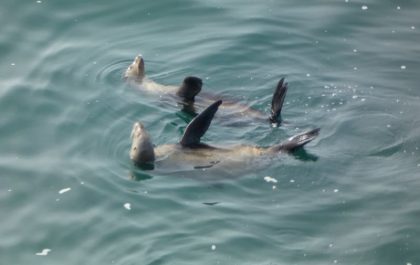
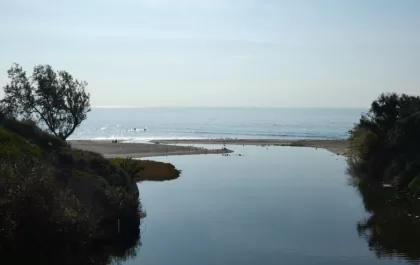
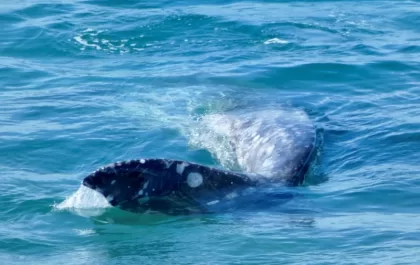
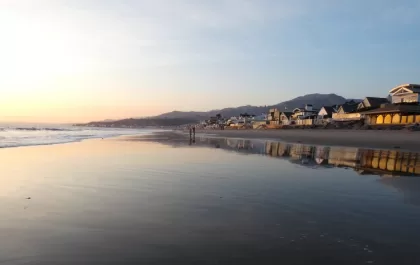

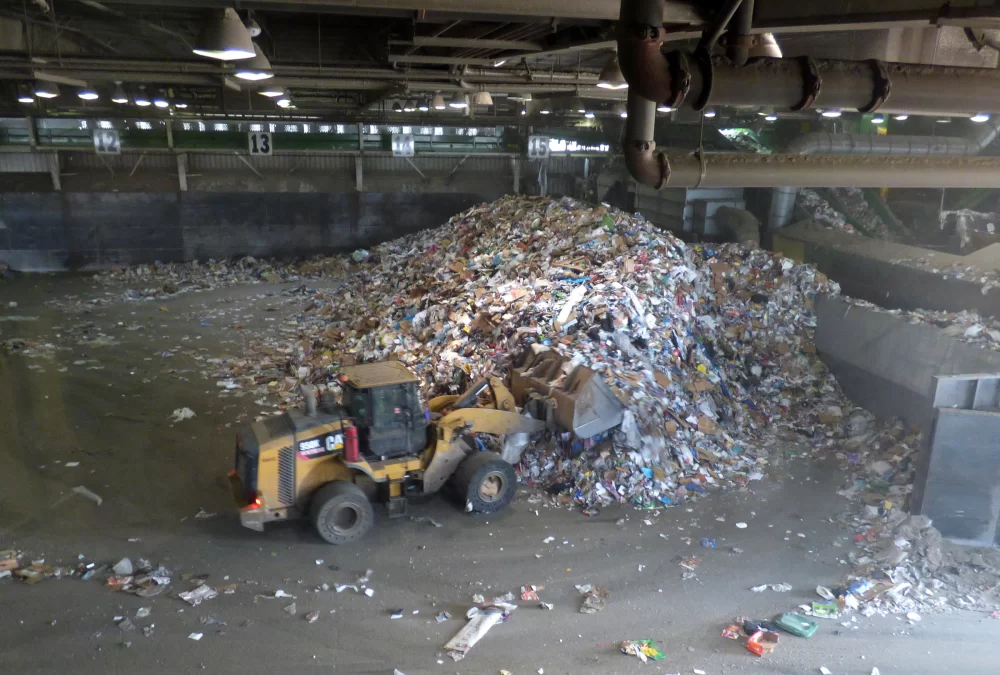



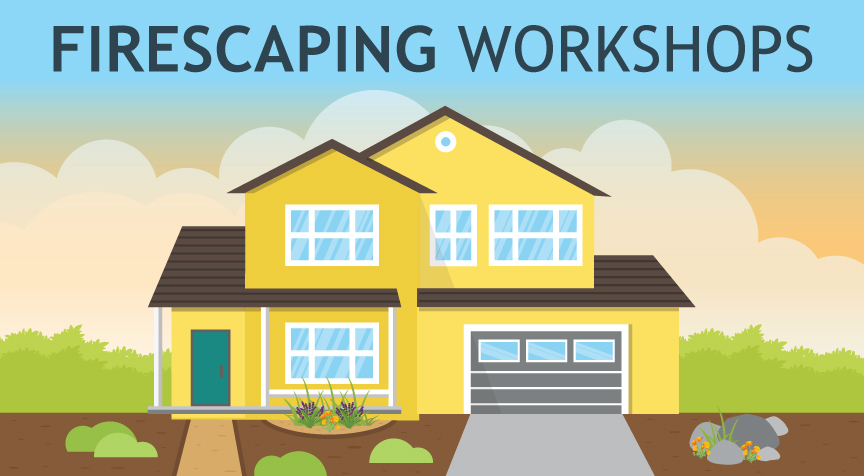
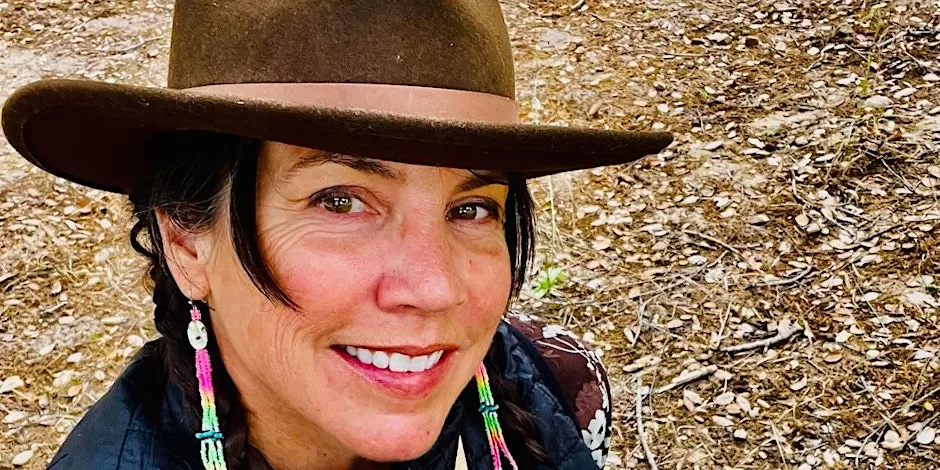

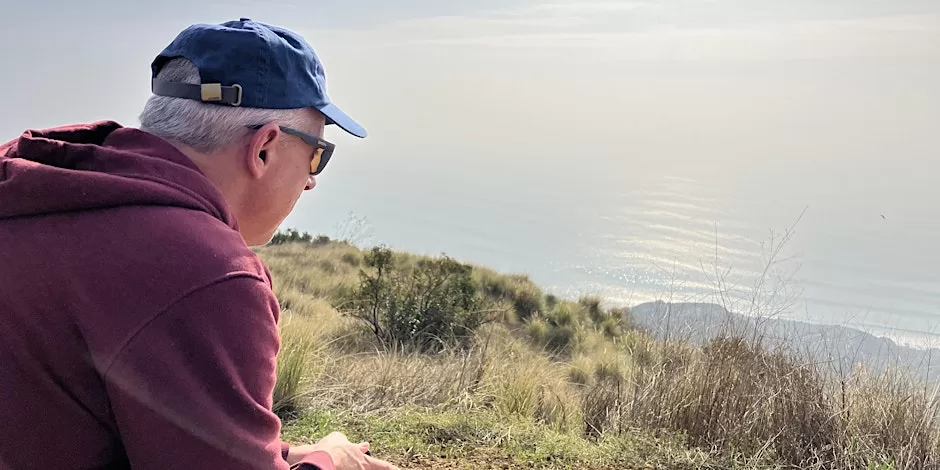



hello my name is Frank Lamonea
i lived at the bottom of Topanga for 27 years and
worked at the Malibu Surfside News for 25 years as a photographer.
Suzann suggested to contact you to submit a song for valentines .
attached is a link to one of my songs ‘SUNSET’
https://www.youtube.com/results?search_query=Frank+Lamonea+sunset+songYOUTUBE+music+channel+
thanks frank